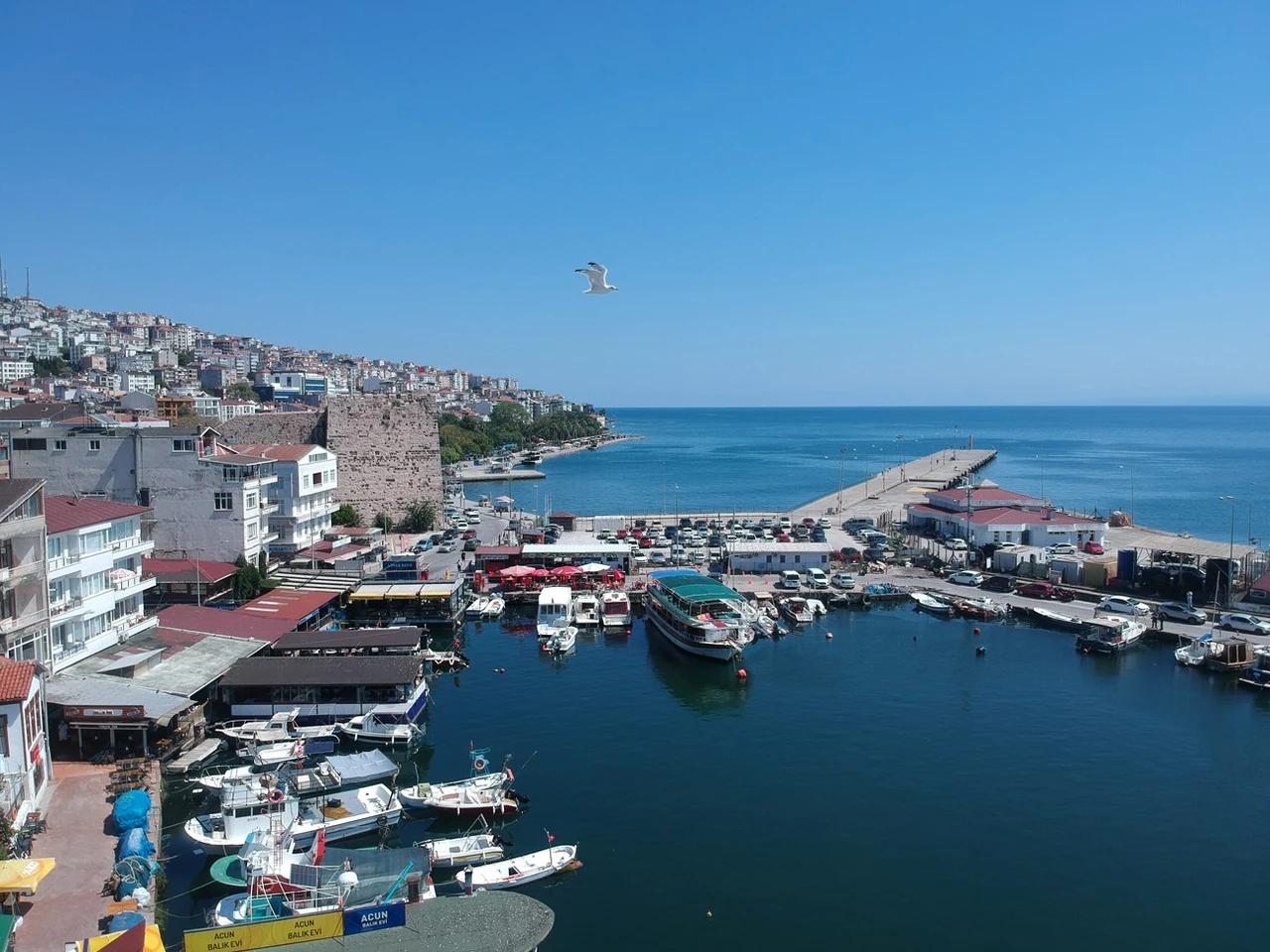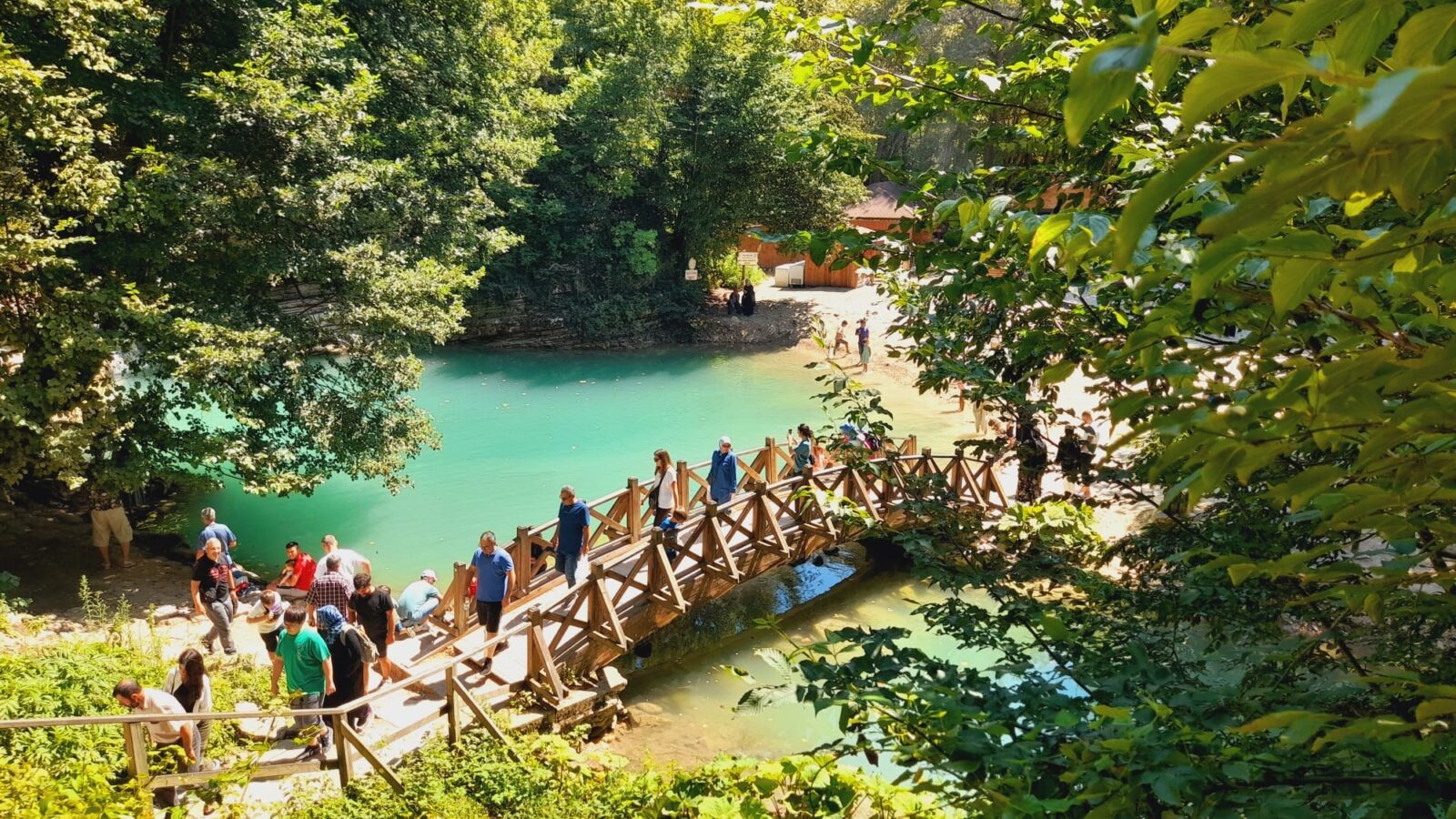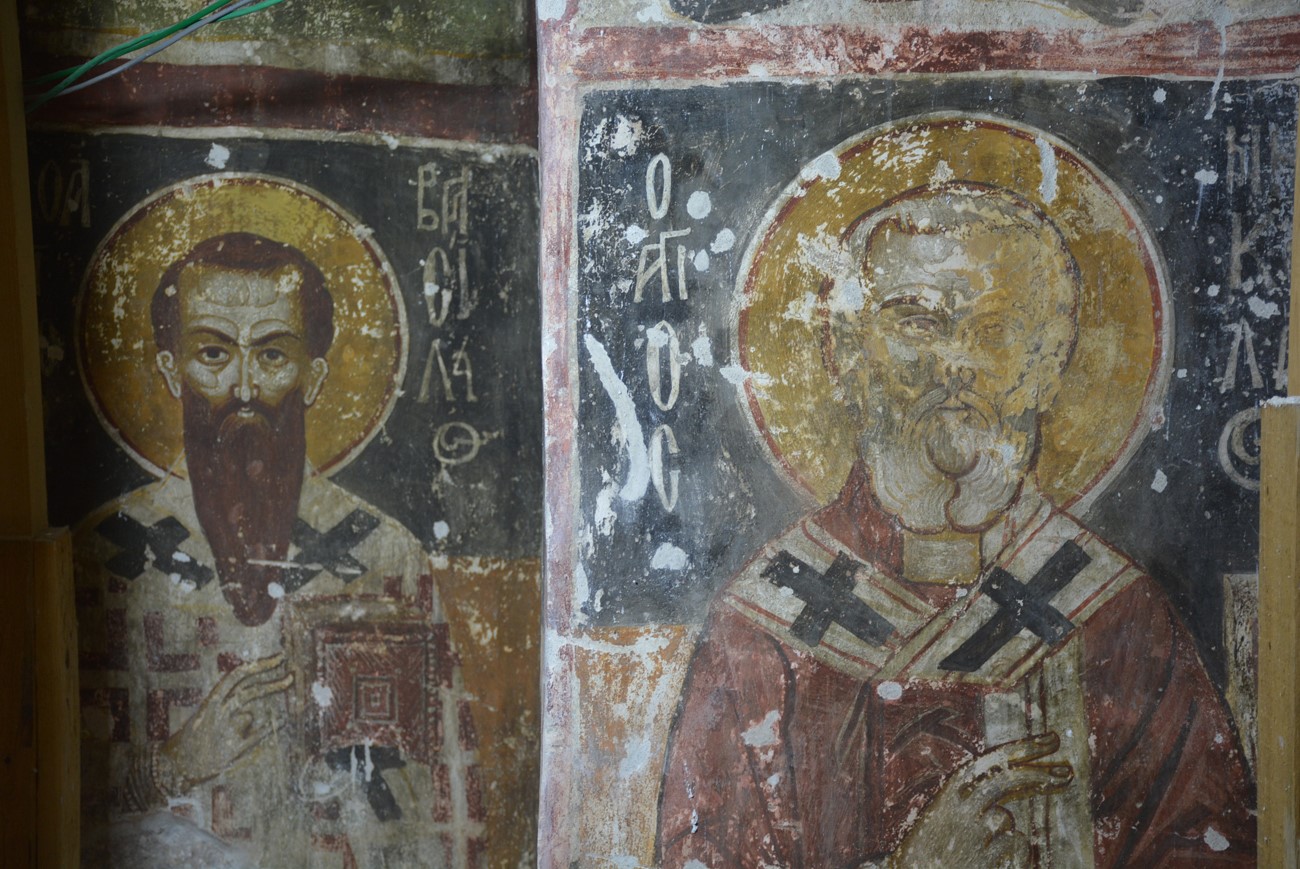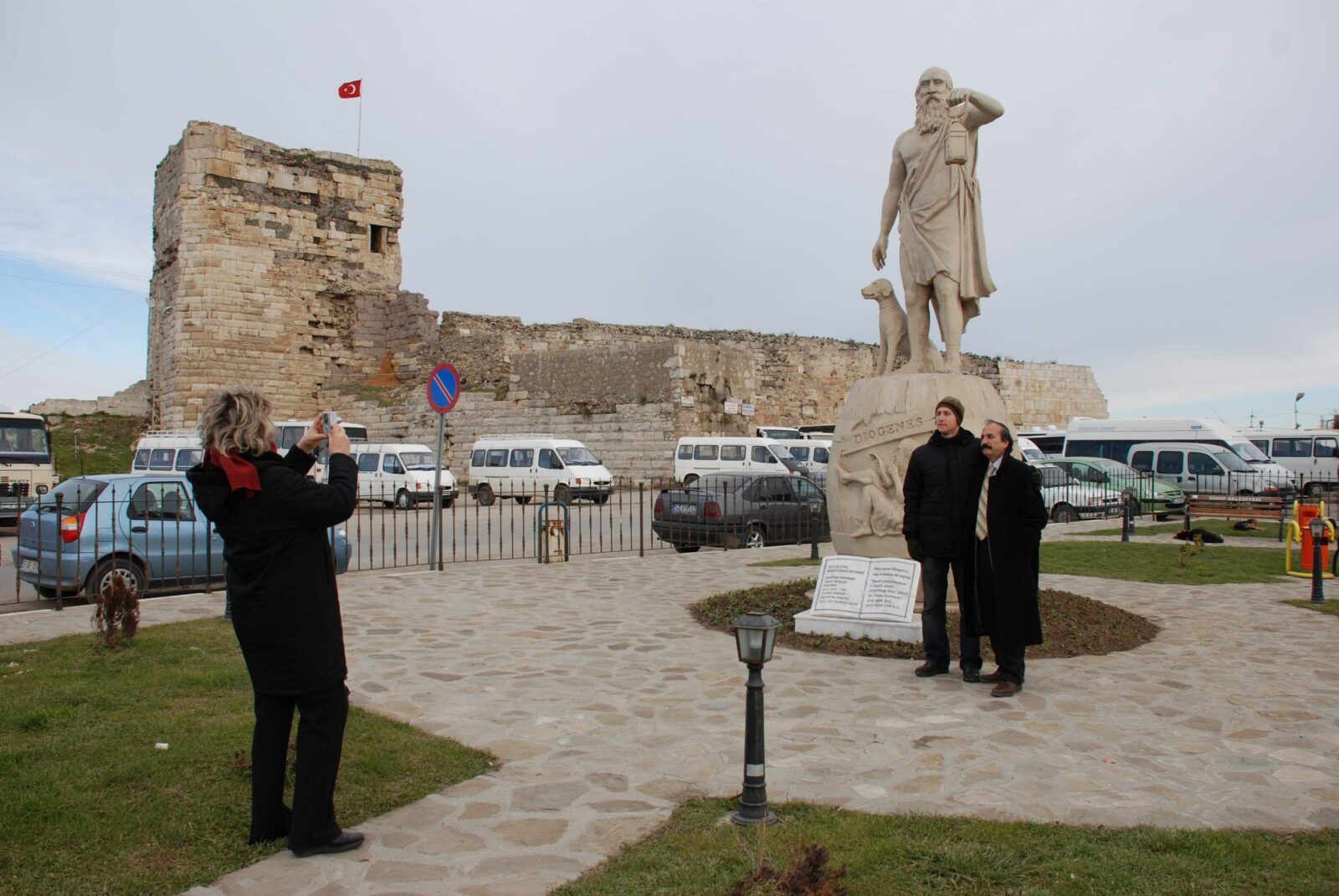Diogenes’ hometown Sinop retains title as Türkiye’s happiest city
 According to the research conducted by the Turkish Statistical Institute (TUIK), Sinop has once again been named Türkiye’s happiest city, August 20, 2024 (IHA Photo)
According to the research conducted by the Turkish Statistical Institute (TUIK), Sinop has once again been named Türkiye’s happiest city, August 20, 2024 (IHA Photo)
According to the latest research by the Turkish Statistical Institute (TurkStat), Sinop has once again been named Türkiye’s happiest city, achieving an impressive happiness rate of 77.66%.
This recognition underscores Sinop’s status as the leading city in Türkiye’s happiness rankings.

Why Sinop tops happiness rankings?
Sinop’s high ranking can be attributed to its serene environment and natural beauty. Residents credit these aspects for their happiness, emphasizing their significant role in their overall well-being.
Saim Gurbuz, head of the Sinop Culture and Tourism Association, expressed his pride in the city’s achievement:
This title has rightfully returned to Sinop. The city truly deserves this recognition. Since 2014, this is probably the seventh time Sinop has earned this title. Why are we happy? Let’s view it from a child’s perspective: having a port where you can swim every day, access to a beach, free access to the sea, paid facilities, beautiful establishments, and a pleasant fishing harbor. Despite some issues, our people know how to live happily even amidst problems. Therefore, the title has returned to where it belongs

Local resident Arslan Pehlivanli added, “We are adding to our happiness. If it weren’t for the traffic problem we experience in the summer, this city would truly be a gem. Unfortunately, we don’t seem to have a solution for the traffic issue. Otherwise, it’s a quiet and peaceful city. The best part is that you can enjoy meals, drinks, and swim in the sea without security concerns.”
Visitor Nurcihan Keskin, who traveled from Germany to Sinop, shared, “Sinop is truly beautiful with its nature, sea, and people. Greetings and love to everyone from Sinop. I am very happy that our city has been recognized. Although I was not born here, my roots are here.”

Historical background of Sinop
Origin of name Sinope
Founded as a trade colony by the Milesians in the seventh century B.C. on the northern tip of the ancient region of Paphlagonia, Sinop was originally known as Sinope. It is believed that the city was named after either the Amazon Sinope or the river goddess Sinope from mythology.
Ancient coins from the Archaic, Classical, and Hellenistic periods refer to the city as Sino or Sinopeon, supporting the theory that the city’s name originates from the mythological figure Sinope. Other theories suggest that the name might be derived from the Assyrian moon god “Sin,” or other ancient terms.
Archaeological finds from Kocagozhoyuk, excavated between 1951 and 1954, provide the earliest information about Sinop. Findings from these excavations and subsequent surface surveys indicate that Sinop was occupied from the Upper Paleolithic through to the Iron Age.
Historical records suggest that Sinop was established by Milesian settlers in 756 B.C. The city thrived under various dominations, including the Cimmerians, Lydians, and Persians, and later became a significant center under the Pontic Kingdom of Mithridates VI Eupator, experiencing extensive construction and cultural flourishing.
After the fall of the Pontic Kingdom, Sinop became part of the Roman Empire under Augustus and continued to be a vital center through the Byzantine era. Despite periods of decline due to invasions and other challenges, Sinop retained its importance as a trade and cultural hub.
Ottoman and Turkish era
Sinop came under Turkish control with the Seljuk Turks, led by Emir Karatekin in 1085. The city later experienced various controls, including the Crusaders and the Byzantines, before being integrated into the Ottoman Empire.
Today, Sinop stands as a symbol of both historical significance and contemporary happiness, showcasing a rich cultural heritage and a high quality of life for its residents.

Who was Diogenes of Sinope?
Diogenes (c. 412/404 – 323 B.C.) was a prominent philosopher and the founder of Cynic philosophy, born in modern-day Sinop. He rejected civilization and embraced a “dog-like” lifestyle, which he transformed into Cynicism. Diogenes lived in poverty, studying under Antisthenes, and advocated for a life of simplicity and self-sufficiency.
Sold to a man named Xeniades in Corinth, Diogenes continued his ascetic lifestyle and taught philosophy. When Alexander the Great visited him and asked if he had any requests, Diogenes famously replied, “Yes, stand out of my sunlight.” His death remains a subject of speculation, but no definitive cause is known. In his memory, a marble column with a dog leaning against it was erected in Corinth. In 2006, a six-meter statue of Diogenes was erected in Sinop, commemorating his simple lifestyle and philosophy.
Diogenes’ philosophy emphasized living independently and happily even in poverty, rejecting societal norms. The term “Diogenes syndrome” describes individuals who live in a similarly extreme manner, often characterized by neglect of personal care and living in squalor.
For more insights into Türkiye’s hidden gems and cultural treasures, stay tuned for our in-depth articles and updates.



